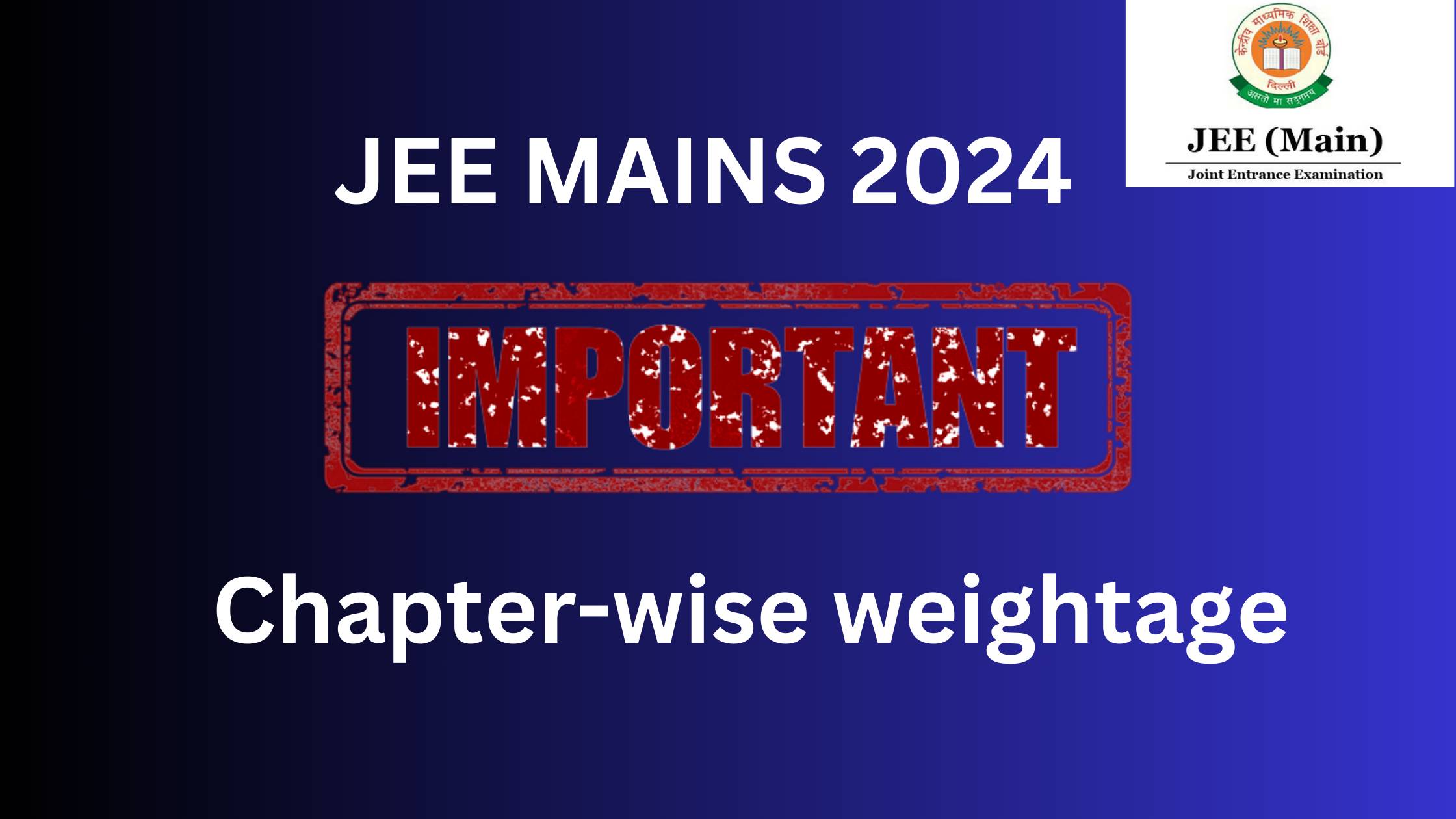Preparing for the UPSC Civil Services Examination (CSE), especially the IAS Prelims, can be a daunting task.
However, there's a secret weapon that successful candidates swear by: Previous Year Question Papers (PYQs).
Yes, apart from PYQs you also need to practice questions and review your answers from your Testbook.
By analyzing trends in the last 10 years of question papers, particularly from 2020 to 2024, you can gain a strategic edge.
Let's dive into the importance of these past year question papers and how they can help you crack the code of the IAS Prelims.

Why PYQs Matter
Previous Year Question Papers are like a treasure trove for aspirants.
They provide insights into the types of questions asked, the difficulty level, and the recurring themes.
By understanding these patterns, you can prioritize your studies and focus on the areas that matter most.
Key Benefits of Analyzing PYQs
1. Identify Important Topics: By going through the last 10 year question papers, you can spot the frequently asked topics. This helps in understanding which subjects are given more weightage and deserve extra attention.
2. Understand the Question Pattern: Each year, the UPSC might tweak the way questions are framed. By analyzing PYQs, you can get a sense of how questions are structured, helping you to be better prepared for surprises.
3. Gauge Difficulty Level: Reviewing past year question papers gives you a clear idea of the difficulty level. This can help in managing your time and strategy during the actual exam.
4. Boost Confidence: Familiarity with the question pattern and important topics boosts your confidence. When you see similar questions in the exam, you'll feel more at ease and can tackle them effectively.
Trends in UPSC CSE (IAS) GS Paper 1 (Prelims) PYQs (2020-2024)
You can download UPSC CSE (IAS) Previous Year Papers directly from our PYQ App. This PYQ App is completely free. There is no login needed. There is no Sign-up need!
For Android Play Store - Click Here
For Apple IOS Devices- Click Here
Common Themes and Topics
In the past few years, certain themes and topics have repeatedly appeared in the GS Paper 1. These include:
- Environment and Ecology: Questions related to climate change, biodiversity, and conservation efforts have been consistently featured.
- History: Both ancient and modern history, with a focus on the freedom struggle, have been prominent.
- Geography: Physical geography, Indian geography, and world geography continue to be significant areas.
- Current Affairs: Events of national and international importance from the preceding year are always crucial.
Changing Patterns
- Increased Focus on Application-Based Questions: In recent years, there has been a shift towards questions that test the application of knowledge rather than rote memorization.


- Integration of Subjects: Questions are increasingly integrating multiple subjects, such as a question involving both geography and environments.
How to Use PYQs in Your Preparation
1. Regular Practice: Make it a habit to solve at least one past year question paper every week. This regular practice will help you get used to the exam format and timing. Try to Byju's your way into complex questions through innovative solution.
2. Analyze and Reflect: After solving a paper, spend time analyzing your mistakes from your Testbook and understanding the correct answers. Reflect on the patterns and types of questions that you found challenging.
3. Revise Key Concepts: Use the insights gained from PYQs to revise key concepts. Focus on areas where you consistently make mistakes or feel less confident.
4. Simulate Exam Conditions: Try to solve the papers in a timed environment to get used to the pressure of the actual exam. This will help in improving your time management skills.
Conclusion
Cracking the UPSC CSE (IAS) GS Paper 1 (Prelims) is no small feat, but with the right strategy and tools, it's entirely possible.
Previous Year Question Papers are one of the most effective resources at your disposal. By diligently analyzing trends from 2020 to 2024 and beyond, you can uncover the secrets of the exam and approach it with confidence.
So, get your hands on those PYQs, start solving, and take a step closer to your IAS dream!
By leveraging the insights from previous year question papers, you can turn your preparation into a more targeted and effective journey.
Remember, every question solved is a step closer to success. Happy studying!
Read More:
.png)


